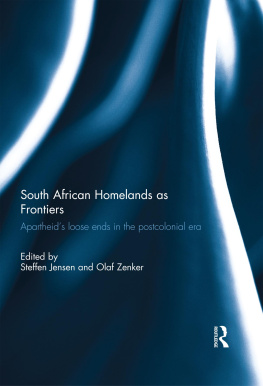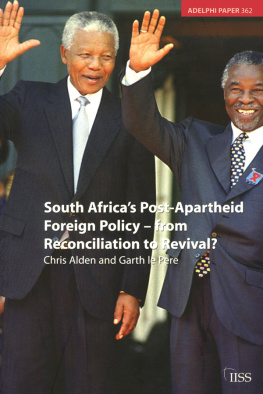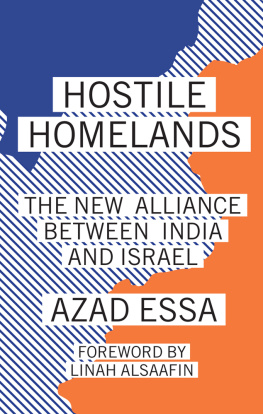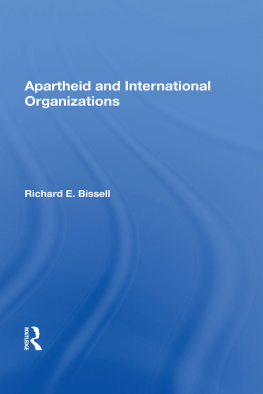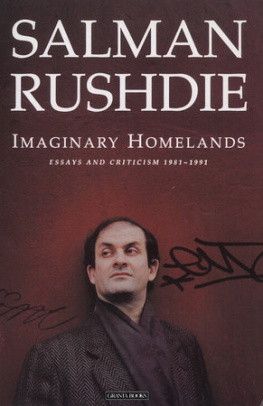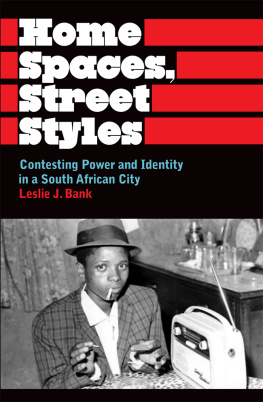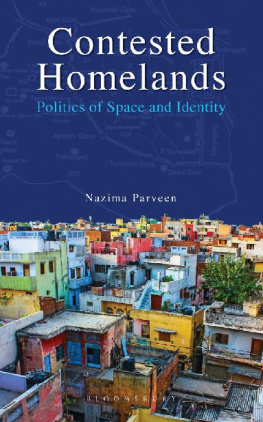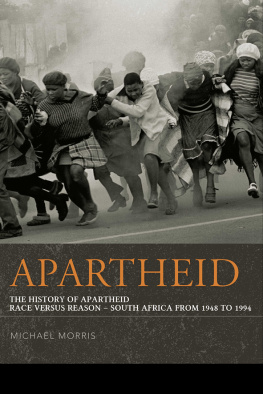South African Homelands as Frontiers
This book explores what happened to the homelands in many ways the ultimate apartheid disgrace after the fall of apartheid. The chapters contribute to understanding the multiple configurations that currently exist in areas formerly declared homelands or Bantustans. Using the concept of frontier zones, the homelands emerge as areas in which the future of the South African postcolony is being renegotiated, contested and remade with hyper-real intensity. This is so because the many fault lines left over from apartheid (its loose ends, so to speak) between white and black; between different ethnicities; between rich and poor; or differentiated by gender, generation and nationality; between traditions and modernities or between wilderness and human habitation are particularly acute and condensed in these so-called communal areas. Hence, the book argues that it is particularly in these settings that the postcolonial promise of liberation and freedom must face its test. As such, the book offers highly nuanced and richly detailed analyses that go to the heart of the diverse dilemmas of post-apartheid South Africa as a whole, but simultaneously also provides in condensed form an extended case study on the predicaments of African postcoloniality in general.
This book was originally published as a special issue of the Journal of Southern African Studies.
Steffen Jensen is a Professor at the Department of Culture and Global Studies, Aalborg University and a Senior Researcher at DIGNITY: The Danish Institute Against Torture. He has published on issues of gangs, policing, justice, human rights, development and victimhood in South Africa and the Philippines. He has recently published Histories of Victimhood (2014) and Human Rights and State Violence: State officials in the South (2009).
Olaf Zenker is a Junior Professor at the Institute of Social and Cultural Anthropology, Freie Universitt Berlin. He has published on modern statehood, rule of law, bureaucracy, justice, land reform as well as conflict and identity formations in South Africa and Northern Ireland. He recently published Transition and Justice: Negotiating the Terms of New Beginnings in Africa (2015) and Irish/ness Is All around Us: Language Revivalism and the Culture of Ethnic Identity in Northern Ireland (2013).
South African Homelands as Frontiers
This book explores what happened to the homelands in many ways the ultimate apartheid disgrace after the fall of apartheid. The chapters contribute to understanding the multiple configurations that currently exist in areas formerly declared homelands or Bantustans. Using the concept of frontier zones, the homelands emerge as areas in which the future of the South African postcolony is being renegotiated, contested and remade with hyper-real intensity. This is so because the many fault lines left over from apartheid (its loose ends, so to speak) between white and black; between different ethnicities; between rich and poor; or differentiated by gender, generation and nationality; between traditions and modernities or between wilderness and human habitation are particularly acute and condensed in these so-called communal areas. Hence, the book argues that it is particularly in these settings that the postcolonial promise of liberation and freedom must face its test. As such, the book offers highly nuanced and richly detailed analyses that go to the heart of the diverse dilemmas of post-apartheid South Africa as a whole, but simultaneously also provides in condensed form an extended case study on the predicaments of African postcoloniality in general.
This book was originally published as a special issue of the Journal of Southern African Studies.
Steffen Jensen is a Professor at the Department of Culture and Global Studies, Aalborg University and a Senior Researcher at DIGNITY: The Danish Institute Against Torture. He has published on issues of gangs, policing, justice, human rights, development and victimhood in South Africa and the Philippines. He has recently published Histories of Victimhood (2014) and Human Rights and State Violence: State officials in the South (2009).
Olaf Zenker is a Junior Professor at the Institute of Social and Cultural Anthropology, Freie Universitt Berlin. He has published on modern statehood, rule of law, bureaucracy, justice, land reform as well as conflict and identity formations in South Africa and Northern Ireland. He recently published Transition and Justice: Negotiating the Terms of New Beginnings in Africa (2015) and Irish/ness Is All around Us: Language Revivalism and the Culture of Ethnic Identity in Northern Ireland (2013).
First published 2017
by Routledge
2 Park Square, Milton Park, Abingdon, Oxon, OX14 4RN, UK
and by Routledge
711 Third Avenue, New York, NY 10017, USA
Routledge is an imprint of the Taylor & Francis Group, an informa business
Chapters 16 and 810 2017 The Editorial Board of the Journal of Southern African Studies
Chapter 7 2017 Deborah James
Epilogue 2017 Joost Fontein
All rights reserved. No part of this book may be reprinted or reproduced or utilised in any form or by any electronic, mechanical, or other means, now known or hereafter invented, including photocopying and recording, or in any information storage or retrieval system, without permission in writing from the publishers.
Trademark notice: Product or corporate names may be trademarks or registered trademarks, and are used only for identification and explanation without intent to infringe.
British Library Cataloguing in Publication Data
A catalogue record for this book is available from the British Library
ISBN 13: 9781138667853
Typeset in Times New Roman
by RefineCatch Limited, Bungay, Suffolk
Publishers Note
The publisher accepts responsibility for any inconsistencies that may have arisen during the conversion of this book from journal articles to book chapters, namely the possible inclusion of journal terminology.
Disclaimer
Every effort has been made to contact copyright holders for their permission to reprint material in this book. The publishers would be grateful to hear from any copyright holder who is not here acknowledged and will undertake to rectify any errors or omissions in future editions of this book.
Contents
- Steffen Jensen and Olaf Zenker
- Jason Robinson
- Shireen Ally
- Steffen Jensen
- Hylton White
- Olaf Zenker
- Deborah James
- Isak Niehaus
- Leslie Bank
- Derick A. Fay
- Joost Fontein
Citation Information
The chapters in this book were originally published in the Journal of Southern African Studies, volume 41, issue 5 (October 2015). When citing this material, please use the original page numbering for each article, as follows:
Chapter 1
Homelands as Frontiers: Apartheids Loose Ends An Introduction
Steffen Jensen and Olaf Zenker
Journal of Southern African Studies, volume 41, issue 5 (October 2015), pp. 937952
Chapter 2
Fragments of the Past: Homeland Politics and the South African Transition, 19902014
Jason Robinson
Journal of Southern African Studies, volume 41, issue 5 (October 2015), pp. 953967
Chapter 3
Material Remains: Artifice versus Artefact(s) in the Archive of Bantustan Rule
Shireen Ally
Journal of Southern African Studies, volume 41, issue 5 (October 2015), pp. 969989

